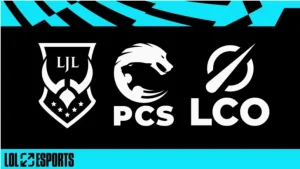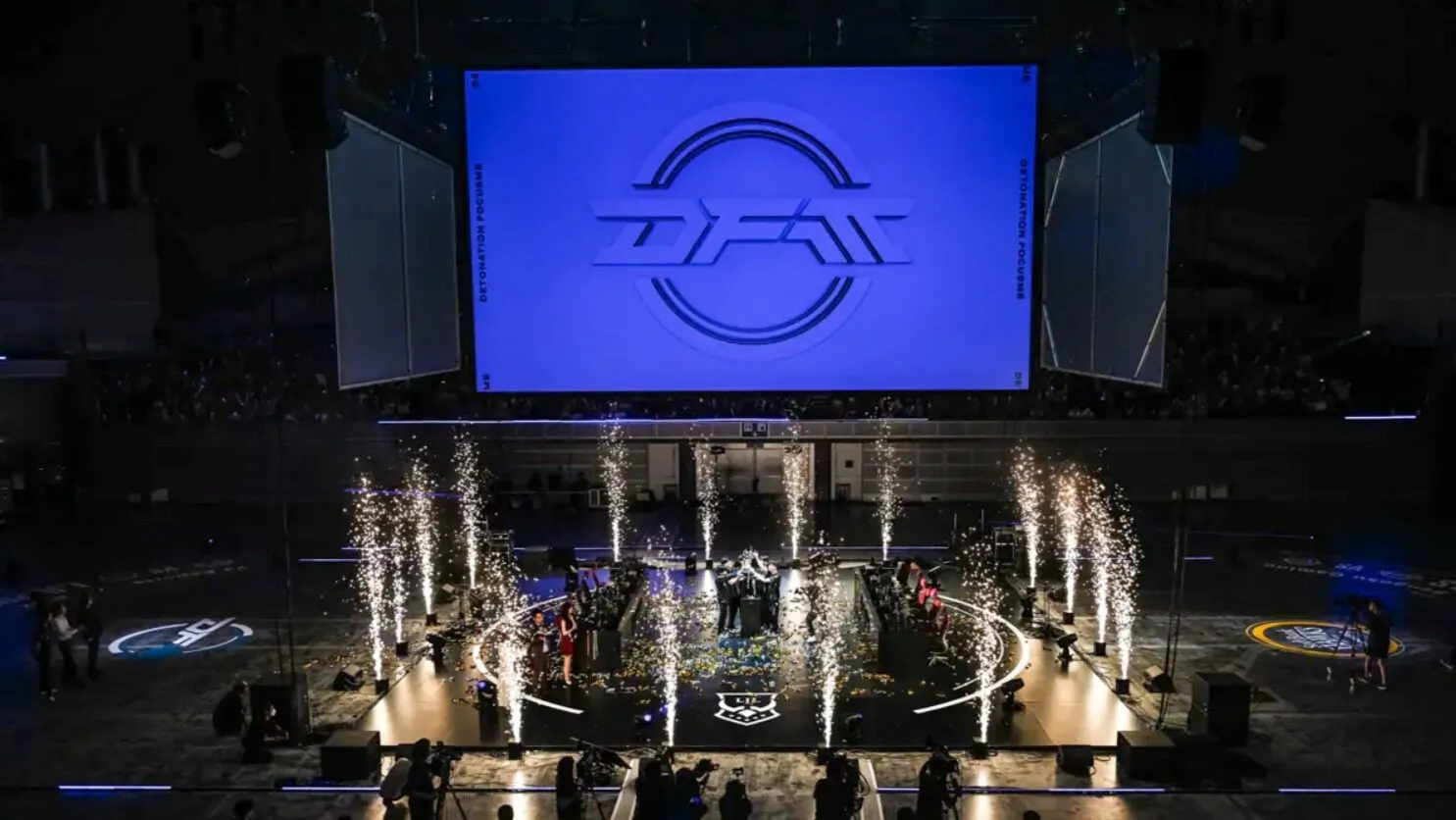In a significant shift for League of Legends esports, the Japan League (LJL) will no longer have direct qualification to major international tournaments like the Mid-Season Invitational (MSI) and Worlds. This change impacts the competitive landscape and represents a strategic realignment by Riot Games.
LJL’s Changed Status
Formerly part of the emerging regions alongside Vietnam, Latin America, and Brazil, the LJL ensured its champion team a spot in international competitions. However, starting next season, the top three LJL teams will need to compete in the Pacific Championship Series (PCS) playoffs for qualification.

New Competitive Format
- Integration with PCS and LCO: The LJL teams will join forces with teams from the PCS and the League of Legends Circuit Oceania (LCO) in the Pacific competition playoffs.
- Playoff Structure: The top six PCS teams will be joined by the top two from the LCO and the top three from the LJL in the playoff phase.
- LJL’s Regular Season: Despite these changes, the LJL will continue to operate as an independent league during the regular season.
Riot Games’ Strategic Vision
This change is part of Riot’s multi-year strategy to strengthen the LoL Esports ecosystem in the APAC region. This approach follows a trend of unifying various tournaments and altering the direct qualification pathways for several regions.
2024 PCSエコシステム | フォーマット解説
来年よりLJLが参戦するPCSプレイオフの大会形式を紹介!
LJL、PCS、LCOの代表 11チームが激突し、太平洋地域最強の栄冠をかけて戦います。詳しくは動画をチェック! pic.twitter.com/7IsvAe3k6X
— LJL(League of Legends Japan League) (@Official_LJL) November 27, 2023
Broader Implications
The LJL joins other regions like Turkey and Oceania in losing direct MSI and Worlds qualification. Given the underperformance of regions like Latin America and the current state of North America’s LCS, similar adjustments for these tournaments might be on the horizon.
Big Changes Ahead
This restructuring requires teams and players in the LJL and related regions to adapt their strategies and preparations for international competitions. It underscores the dynamic nature of LoL esports and the continuous evolution of competitive structures.

